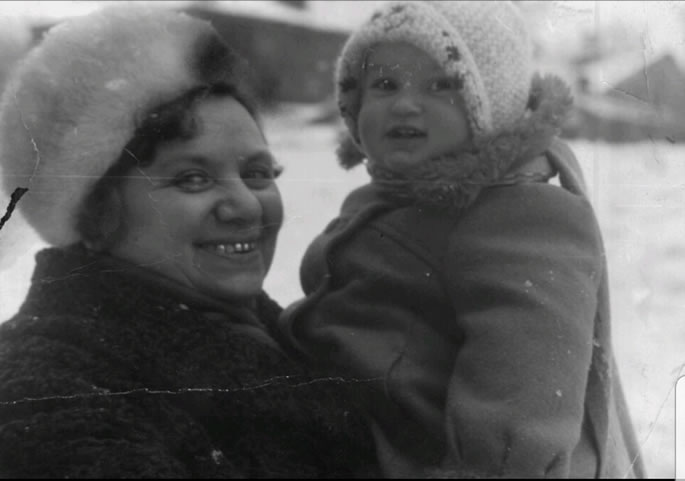
“Music is a form of sensed continuity that can sometimes break through the most overpowering disconnections in our experience of time.” — Rabbi Lord Jonathan Sacks
When I was growing up in the former Soviet Union, the government placed great emphasis on memorizing Communist songs. From their early years, children were taught to sing the hymn of the USSR with pride. The goal was to overpower the music of our innate faith with the songs of Soviet propaganda.
Many years later, after my family immigrated to the United States in 1989, I realized the unwavering importance of lullabies on the development of a child.
The Rebbe explained (Purim 1973) that Jewish mothers have the beautiful custom to rock their children to sleep with the Jewish lullaby, “Torah is the most precious commodity.” The importance of our earliest childhood memories cannot be overestimated, for they form our character in conscious and subconscious ways. Mothers shape their children through the songs they sing at night.
I remember my grandmother singing an upbeat Yiddish song, then an unfamiliar language to me, as she put me to sleep late at night: Lomir aleh ineynem, “Let us all drink a glass of wine for the bride and groom…”
It was brave and dangerous to sing Jewish songs, for the Soviet Union made any religious expression punishable by law. Yet millions of Soviet Jews sang to their children. This music of the soul was one of the last things that remained after more than 70 years of communism.
Even when my grandmother was 95 with Alzheimer’s disease, as I whispered those words, she sang along.
As we sang together in her home in Philadelphia, the song brought tears to my eyes. My grandmother Zelda, orphaned by her mother’s death at the age of 2 and widowed at 35, withstood many difficulties in her lifetime. Born under the Communist oppression, starving throughout Stalin’s regime, and surviving World War II, she nevertheless continued to sing Yiddish lullabies in the dark nights of my childhood.
Friedrich Nietzsche famously said, “Those who were seen dancing were thought to be insane by those who could not hear the music.” Thousands of Soviet Jews refused to forget the song of their identity.
There is a particular Yiddish song that resonates with me. I didn’t know this song in my childhood. In 1989, after immigrating to the United States, I asked Rebbetzin Batsheva Shemtov to recommend a tape with Yiddish music and was mesmerized by this heartfelt melody. Oyfn pripetchik brent a fayerl, un in shtub is heys. Un der rebbe lernt kleyne kinderlekh, dem alef-beyz. “On the hearth, a fire burns, and in the house it is warm. And the rabbi is teaching little children the aleph bet.” It continues, with the refrain, “See children, remember dear ones, what you learn here, repeat and repeat yet again … Learn children, don’t be afraid, lucky is the one who has learned Torah.”
While it might be years too late for me to hear lullabies, I nevertheless decided to translate this song into the familiar Russian language of my childhood. As I set the Shabbat table on Friday night, I sing this song to myself and celebrate my return to my roots.
So many Jewish people today are not familiar with the “melody” of our heritage. The beautiful music of the Torah might seem foreign and irrelevant. And yet, the song radiates from the deepest part of our soul. Let’s add our voices to the lullaby of the Jewish chorus that transcends generations and millennia. Un der rebbe lernt kleyne kinderlekh dem alef-beyz. “And the rabbi is teaching little children the aleph bet.”
In memory of my grandmother Zelda Shur (July 24, 1924 – May 6, 2020). May the song of her life be united with the melody of Jewish destiny.
